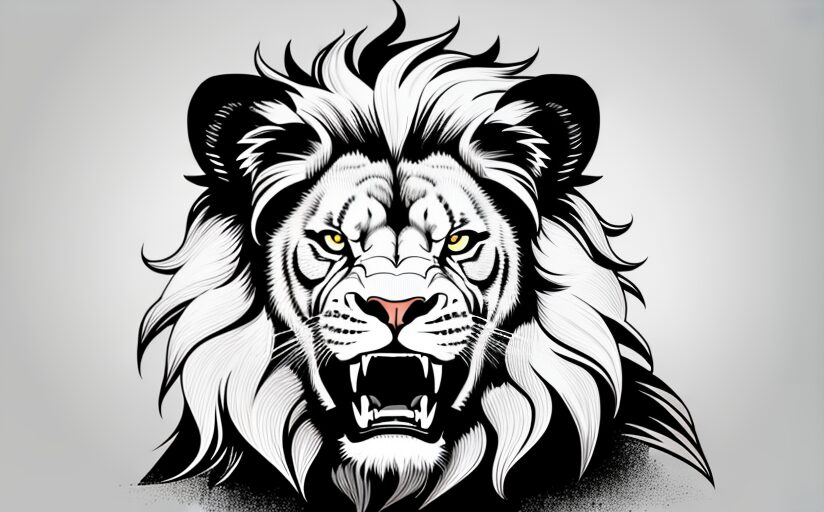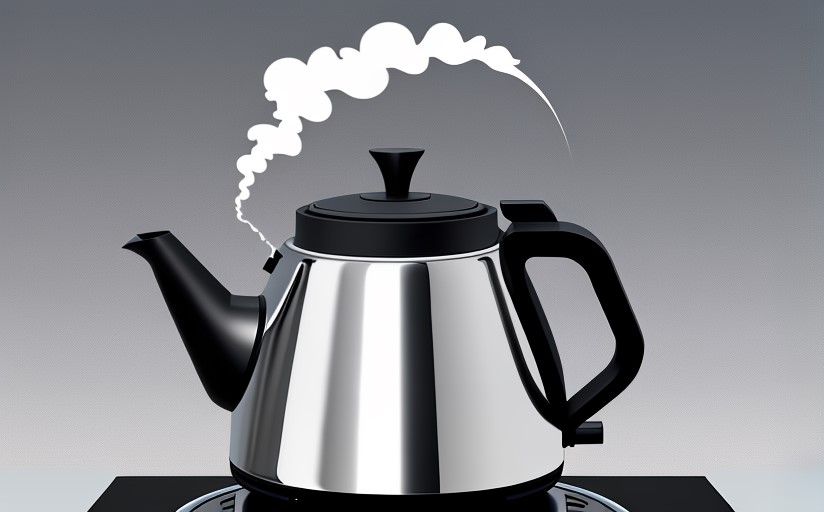When you first saw the word “onomatopoeia,” you were probably taken aback — I know I was. What on earth could it mean, and why does it have so many vowels in it? As it turns out, you’re probably more familiar with this term and its meaning than you know.
How Do You Pronounce Onomatopoeia?
First, let’s talk about how to say, “Onomatopoeia.” It’s taken from a Greek word, which means that it’s not pronounced the way it looks based on English phonics. Instead, the academically accepted pronunciation is “aa-nuh-maa-tuh-PEE-uh.”
What Is the Onomatopoeia Definition?
Now that we’ve mastered pronunciation, let’s talk about the onomatopoeia definition. Simply put, onomatopoeia is a word that mimics the sound it describes.
What Is Onomatopoeia?
One of the most interesting things about this figure of speech is that it can be found in every language, but the words are rarely the same. For example, in English, a heart goes, “thump thump,” while in Japanese, it goes “doki doki.”
This literary phenomenon is also one of the first things children encounter when learning to talk and read, though it’s rarely given a name. Do you remember singing “Old MacDonald” in kindergarten? That song is full of onomatopoeia.
What Are Common Onomatopoeia Words?
Some action verbs fall under this literary category. Take the word “ring,” for example. It functions as onomatopoeia when a phone, bell or doorbell rings. “Boom” is another great example, as is the word “buzz.”
Other onomatopoeia examples don’t have any context outside the sounds they make, such as “neigh” or “quack.” The variety of examples can make the concept hard to wrap your head around, so let’s take a look at some of the most common onomatopoeia words.

Animal Noises
Almost every animal noise written is considered onomatopoeia. This includes farmyard animal sounds:
- Moo
- Baa
- Oink
- Chirp
- Cheep
- Cock-a-doodle-doo
- Woof
- Meow
- Hee-haw
- Honk
Similarly, zoo noises are another good example:
- Roar
- Growl
- Trumpet
- Squeak
- Buzz
- Hiss
- Bleat
- Snarl
Food Sounds
Food is another area where this literary device flourishes. Cooking yields many sounds, as does eating:
- Sizzle
- Pop
- Munch
- Slurp
- Fizz
- Crunch
- Crackle
- Gulp
- Snap
- Chomp
Sound Effects
You’re probably familiar with sound effects, which are used in movies and TV shows to enhance the story. Before television, they were utilized in radio plays to create a particular atmosphere. Many of these sound effects are onomatopoeia when in written or spoken form:
- Zap
- Thunk
- Whoosh
- Swish
- Rustle
- Splat
- Rumble
- Rattle
- Bam
- Click
- Boom
- Boing
- Creak
- Gurgle
- Squish
- Knock
- Bang
- Wham
What Are Effective Onomatopoeia Examples?
Now that we’ve gone over the many different words that qualify as onomatopoeia, let’s talk about how to use them in a sentence. As we mentioned before, many onomatopoeia words are action verbs that can be used just like any other verb in a normal sentence:
- The windows rattled.
- She clicked the mouse.
- The stairs creaked.
- The sink gurgled as it drained.
- Thunder rumbled.
- Bacon sizzled in the pan.
- I love munching on cereal.
- The engine roared.
- The lion snarled.
- I gulped down the glass of water.
However, you can also use many of these terms as nouns to great effect. Consider these additional onomatopoeia examples:
- There was a pop as the cork shot out of the champagne bottle.
- I heard a meow as I shook the kitty treats.
- There was a hiss of steam as the pot began to boil.
- He ate the soup with a hearty slurp.
- In the middle of the night, I heard a knock at the door.
- The window flew open with a bang.

When Should You Use Onomatopoeia?
The best writers choose words for their specific effects. Onomatopoeia are naturally intense, which means they can be jarring in inappropriate contexts. For example, you want to limit their use in professional emails and reports. When it comes to creative writing, however, this literary device is a useful tool. In fact, fiction writers, graphic novel authors and poets frequently use it to great effect.
For Emphasis
Onomatopoeia words often show up in novels, novellas and short stories to create vivid scenes. They may also be italicized or punctuated with exclamation points. This increases the tension and puts emphasis on an event or detail.
In Comics
Perhaps the most well-known use of this literary device is sound effects in comics. These may be written in bold styles and colors for emphasis. They enhance action as readers become immersed in the story.
In Poetry
Poetry often uses strong language to evoke emotion and craft imagery. Onomatopoeia is an excellent way to do both.
Let Your Writing Pop With Onomatopoeia
Have you used onomatopoeia in your writing? Are you interested in incorporating it in the future? Comment below to share your experiences. Just make sure to include your favorite onomatopoeia examples.

Leave a Reply